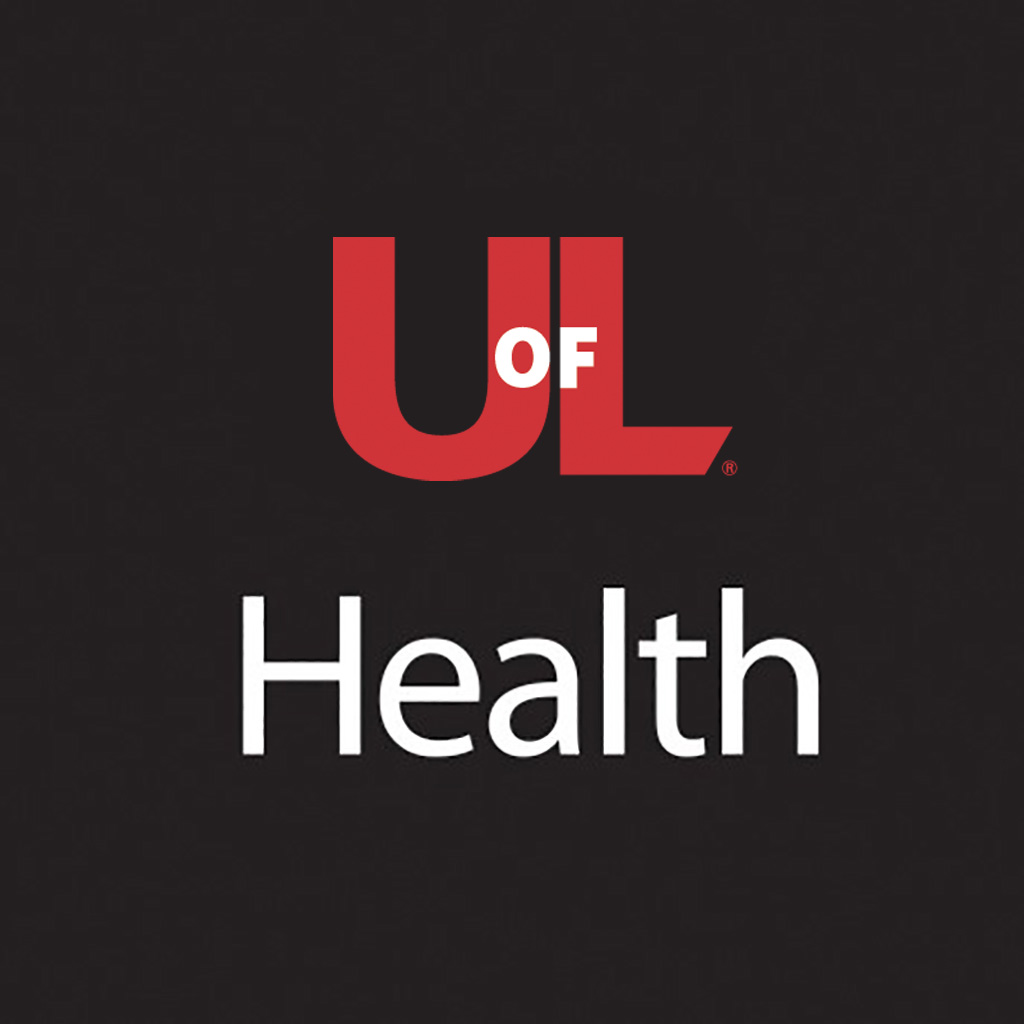
Being in your fourth trimester of pregnancy, the first 12 weeks postpartum, can be an overwhelming experience, especially as a new mom. With a new baby and body changes, it can be hard to feel like you know what to do and what is going on with your body. In the upcoming series of articles on the fourth trimester, we’ll explore these. One of the major body changes in the first few days is breastfeeding.
How do I Know if my Baby is Getting Enough Milk?
Babies should be nursed when they show signs of hunger. The amount of time for each feeding and frequency of feedings will vary. Generally, expect to feed your baby 8-12 times every 24 hours. Signs that your baby is getting enough milk include:
- Lose no more than 7% of birth weight during the first few days after birth
- Amount of diaper changes: six to eight wet diapers and three to four loose, seedy stools per day (stools will become less seedy around six to eight weeks)
- Seem satisfied/happy for an average of one to three hours between feedings
Engorgement Versus Mastitis
Breast engorgement occurs when the breasts swell from the milk accumulated in the breasts. Symptoms can include the breasts becoming tender and may be warm to the touch. This usually occurs gradually, onset can first occur two to three days after delivery. Generally, both breasts will be affected but won’t have a fever or redness as a part of the symptoms. If this occurs, to relieve the pain use ice packs or cabbage leaves on the affected breast(s). More frequent breastfeeding or using a breast pump in between feedings can also help reduce the risk of engorgement.
If you have opted out of breastfeeding, medications such as BENADRYL® and Claritin® should help dry up the breasts. Wearing a tight bra to keep them bound will also help.
Mastitis is inflammation of the breasts with sudden onset of a fever or flu-like symptoms. Other symptoms include one-sided localized breast tenderness, redness, warmth and hardened area. Mastitis is caused when the breasts aren’t emptied completely, wearing tight clothing and low maternal defenses (stress and fatigue). Treatment can include continuing breastfeeding on both sides, using a warm compress or taking antibiotics.
To schedule an appointment to address any breastfeeding concerns, UofL Health has two locations:









